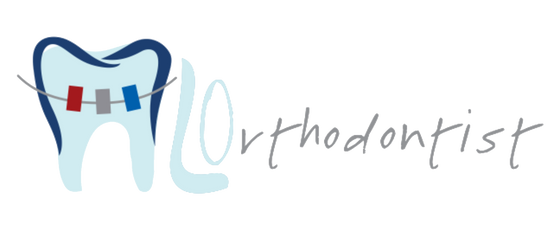Consultant Specialist Orthodontist with over 25 years' experience
Consultant Specialist Orthodontist with over 25 years' experience
from £1,500.00
Do you doze off during the day with no explanation? Do you snore loudly or wake up feeling breathless in the middle of the night? If you are experiencing any of these symptoms, you may be affected by obstructive sleep apnoea (OSA). It is estimated 4% of middle-aged men and 2% of middle-aged women have OSA in Britain.
Mandibular advancement device provided by orthodontist has been one of the four clinically proven options in the management of OSA.
OSA happens when the muscles and soft tissues in the throat relax and collapse sufficiently to cause a total blockage of the airway; it is called an apnoea when the airflow is blocked for 10 seconds or more. So if you have OSA, it means your breathing can stop periodically during sleep, as many as 20-30 times per hour. Each time you stop breathing in your sleep, the resulting lack of oxygen alerts your brain, which temporarily wakes you up to restart proper breathing. Since the time spent awake is so brief, most people with OSA don't remember it, and many feel like they are getting a good night's sleep when, in fact, they are not.
OSA is a long-term treatable condition and in many cases will require lifelong treatment. There are a variety of treatment options that can reduce the symptoms.
Treatment options for OSA include:
CPAP is the most effective therapy for treating severe cases of OSA. As well as reducing symptoms such as snoring and tiredness, it can also reduce the risk of complications of OSA such as high blood pressure.
This is a small pump that delivers a continuous supply of compressed air to you through a mask that either covers your nose or your nose and mouth. The compressed air prevents your throat closing while you sleep.
These are oral devices fit around your teeth similar to a gum shield that hold your jaw and tongue forward. This will increase the space at the back of your throat while you sleep therefore prevent throat blockage and narrowing of your airway that causes snoring. MADs are used to treat mild OSA but not generally recommended for more severe OSA, although they may be an option if you are unable to tolerate using a CPAP device.
Off-the-shelf MADs are available from specialist websites, but poor-fittings of MADs can make symptoms worse. It is recommended you have an MAD custom made for you by a specialist who is trained and with experience in treating OSA.
For more information, please see the Somnowell and Sleepwell websites.
